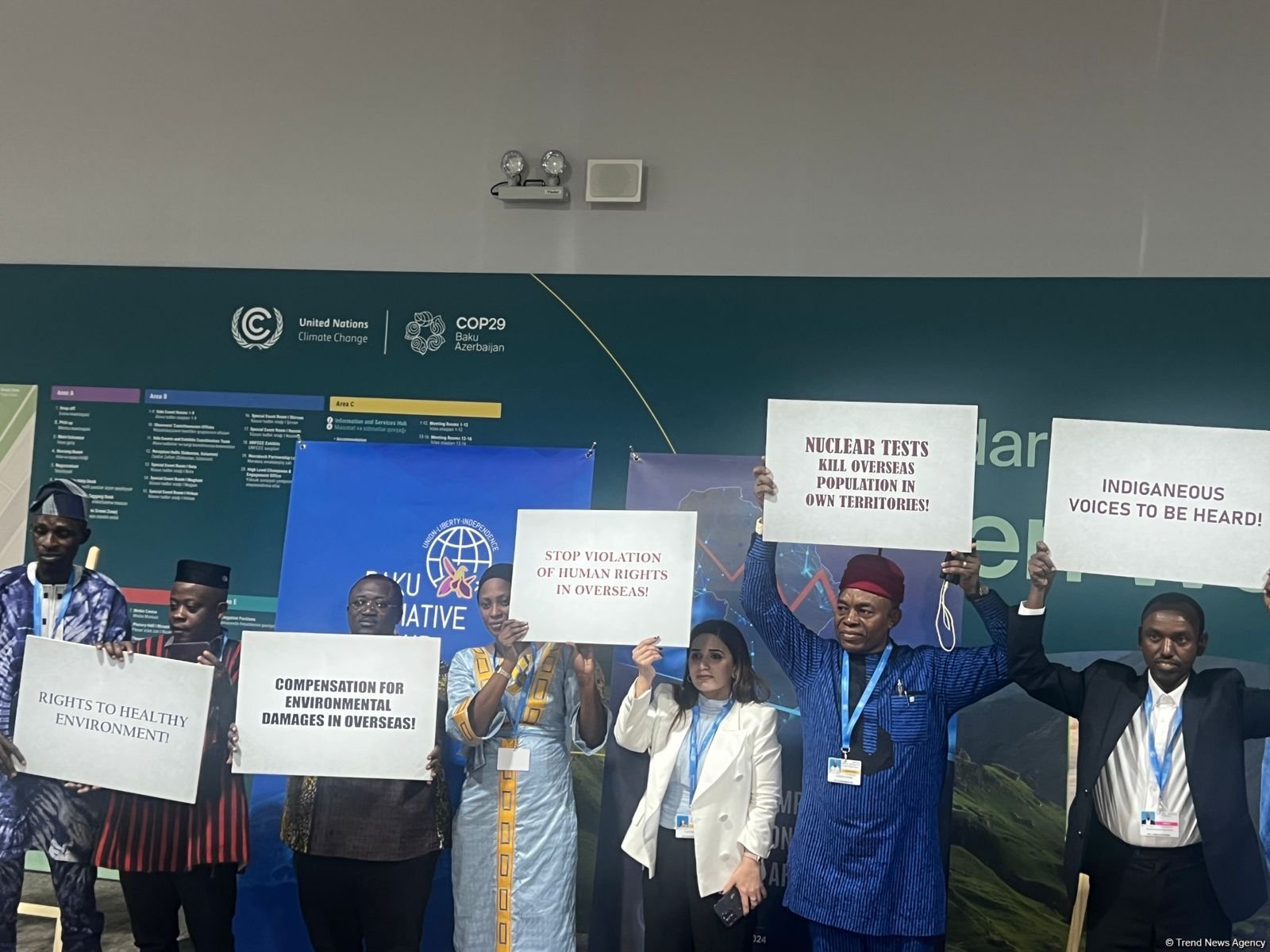African Environmental stakeholders have called for collaborative efforts among nations to ensure a sustainable, just, and equitable future free from colonialism’s lingering effects.
This call was made at a side event, “Solidarity for Decolonization and Green Future,” the Baku Initiative Group organized as part of the 29th session of the Conference of the Parties (COP29) to the United Nations Framework Convention on Climate Change.
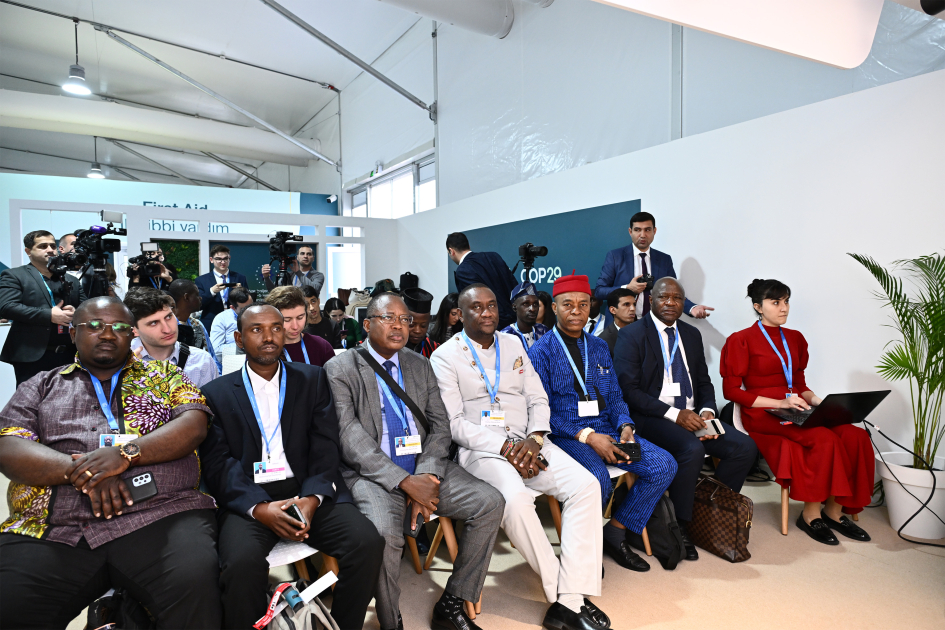
Speakers at the event included Members of Parliament from Kenya, Cameroon, and Zambia, alongside leaders of non-governmental organizations, politicians, eco-activists, and human rights defenders from historically colonized African countries, such as Mali, Nigeria, Djibouti, Togo, Mauritania, Zimbabwe, and the Democratic Republic of Congo.
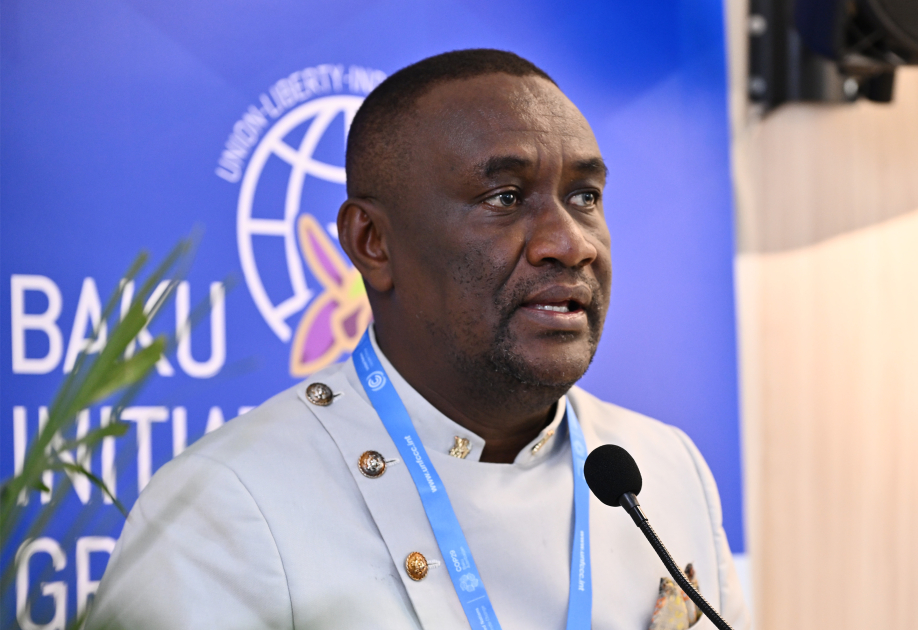
Legacy of Colonialism
Participants noted that colonial legacies have left deep scars across Africa, with effects still evident in environmental degradation, land disputes, and socio-economic disparities.
They emphasized that Africa continues to bear a disproportionate burden of climate change, describing colonialism as a historic and ongoing driver of the global climate crisis.
Dr. Uzodinma Adriejie, Chief Executive Director of the Afro Optonet Association (AHOA), called for inclusive collective action.
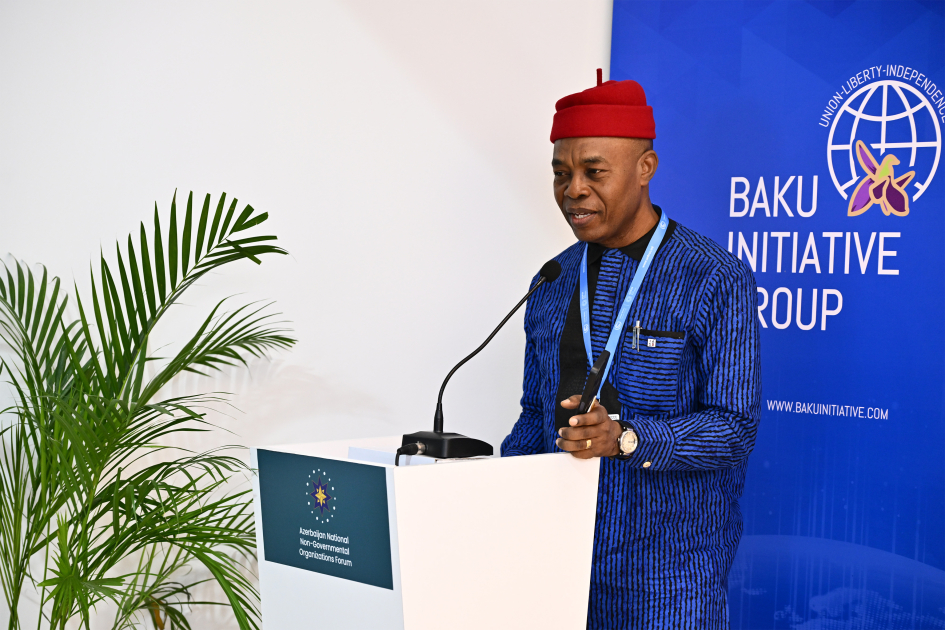
“We envision a future of sustainable environments where any trace of neo-colonialism, often perpetuated by locals continuing the practices of colonial masters, is eradicated. Relations between states must be built on mutual respect,” he said.
Agbavito Koku Selom from Togo highlighted the lingering impact of colonial borders.
“To visit my family in Ghana, I have to cross borders created by colonial masters. Despite these challenges, we are reclaiming our land through smart agricultural practices, but enough of the speeches; we need actions because we feel the effects daily,” he said.
Voices from Affected Communities
Dare Akogun, an environmental journalist and founder of DA News Media Advocacy for Climate Literacy and Justice, stressed the importance of including affected communities in crafting solutions.
“It is vital to listen to the voices of those who bear the brunt of historic injustices. Solutions to our global crisis must not exclude them,” he said.
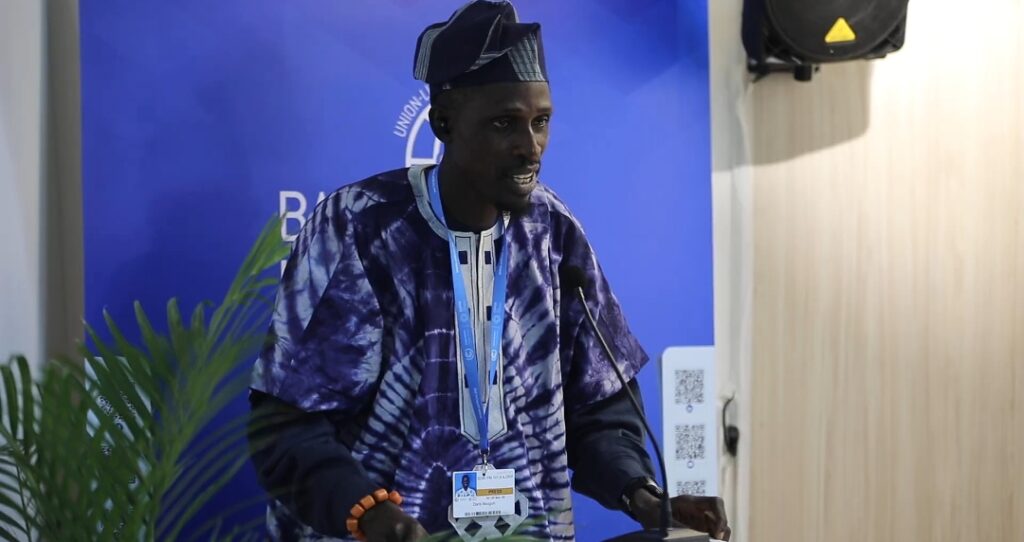
Mr. Akogun also advocated for building partnerships to empower nations to thrive in harmony with the planet.
“This is not just about reparations. It is about forming partnerships like this that ensure the scars of colonialism are not passed down to future generations, enabling a truly decolonized and green future,” he added.
Baku Initiative Group’s Commitment to Green Futures
Leyla Naghiyeva, Advisor to the Executive Director of the Baku Initiative Group, reiterated the organization’s commitment to combating climate change through collaboration and innovation.
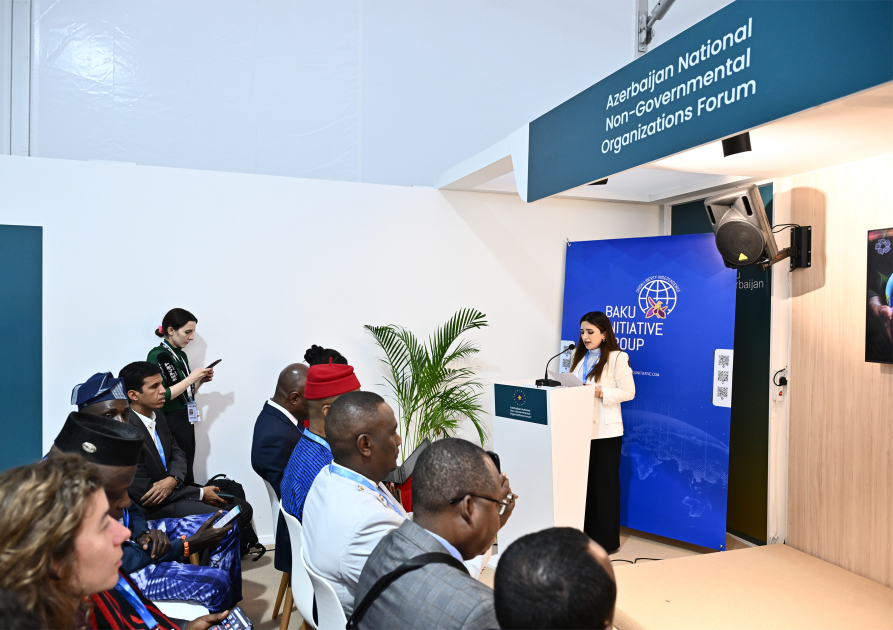
“Today’s event reflects our commitment to a cleaner, greener, and more sustainable future. We will continue to advance efforts through policy innovation,” she said.
The event also featured a documentary screening highlighting the activities of the Baku Initiative Group and an exhibition showcasing the negative impacts of France’s nuclear tests in African countries.
A Call for Action
The side event was part of the “COP29: International Initiatives” competition, co-hosted by Azerbaijan’s Ministry of Ecology and Natural Resources and the Council of State Support to NGOs.
Participants urged stakeholders to translate conversations into actionable steps addressing the environmental and socio-economic challenges African nations face.
The call for solidarity resonated as a reminder that building a just, equitable, and sustainable future requires dismantling the remnants of colonialism while empowering communities most affected by climate change.
By Dare Akogun




